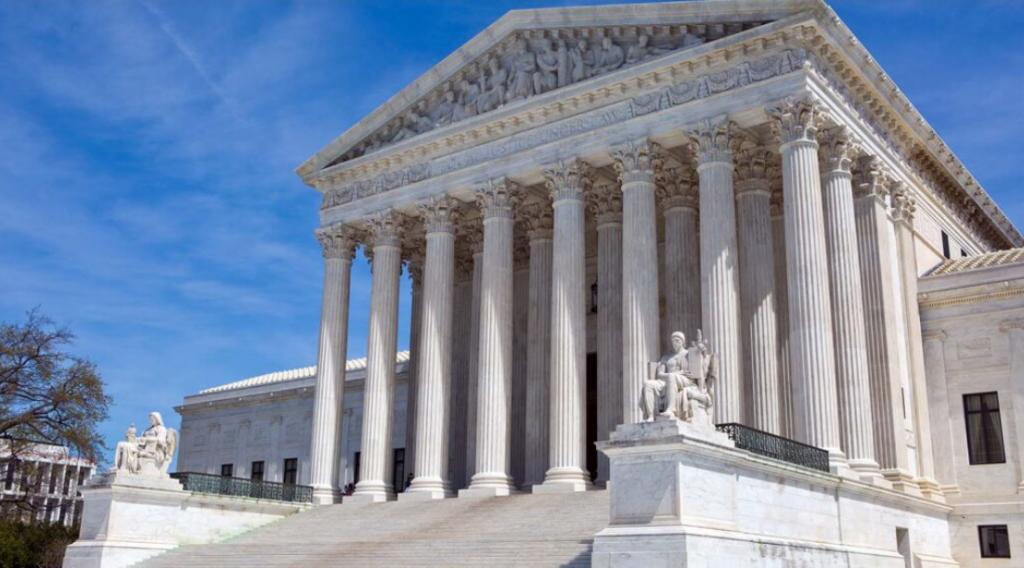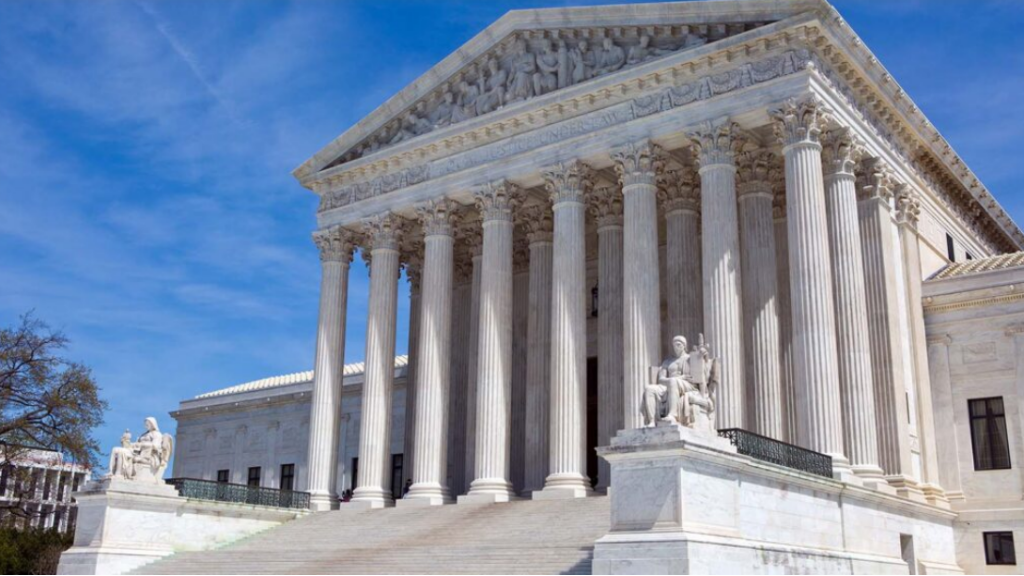
The most recent Environmental Protection Agency (EPA) decision from the Supreme Court has several financial market repercussions. Fans of cryptocurrencies in particular might unintentionally benefit from the decision. What does the EPA decision signify for cryptocurrency then?
Well, the West Virginia vs EPA decision, which was decided on a 6-3 vote, fundamentally restricts the EPA’s ability to control carbon emissions from coal and gas power facilities. Many attorneys and observers believe the judgment will have wider repercussions, however. The decision might be interpreted as a warning that the ability of regulatory agencies to broaden the scope of their purview may be constrained.
Fans of cryptocurrencies have long anticipated a flood of governmental scrutiny. Organizations like the Commodity Futures Trading Commission (CFTC) and the U.S. Securities and Exchange Commission (SEC) have long-standing grievances with digital assets. For those worried about the future of cryptocurrency, the EPA ruling may really be a relief.
The Blockchain Association’s head of policy, Jake Chervinsky, offered his thoughts on the decision. The EPA judgment “sends a signal that the Supreme Court won’t look kindly on regulatory agencies like the SEC trying to redefine their own jurisdictional limits outside of what Congress plainly intended,” according to the article.
Since years, the SEC has been pursuing the cryptocurrency market. The EPA’s decision this week may alter everything.
What Affects Crypto After the EPA Decision?
The judgement states that “clear legislative authority” is required before government agencies may seek to control a department of major importance. The SEC has so far mostly focused on controlling cryptocurrency by treating digital assets and the companies that deliver them like conventional financial products.
The continuing SEC action against Ripple will set a significant precedent for future cryptocurrency regulation. The blockchain business was charged by the SEC with failing to register its brand-name cryptocurrency, XRP (XRP-USD), as a security.
A significant reversal of regulatory authorisation, according to Morrison Cohen LLP attorney Jason Gottlieb, may be a very real prospect.
Securities and Exchange Commission v. W. J. Howey Co. might face a frontal attack, similar to what occurred with Roe v. Wade, if the [Ripple] went all the way reaches the Supreme Court. The Court would undoubtedly consider it to be a “major question” if it found that the issue in Ripple is not whether XRP is a security but rather, “Does the SEC have the power to dictate policies for the future of finance?”
In reality, the SEC has a number of legal actions involving cryptocurrencies on its docket. The agency may lose a lot of its power if any of its rulings are ultimately decided by the Supreme Court.
